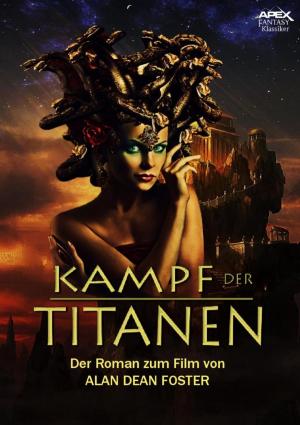| Author: | Horatio Alger | ISBN: | 9783736803220 |
| Publisher: | BookRix | Publication: | April 25, 2014 |
| Imprint: | Language: | English |
| Author: | Horatio Alger |
| ISBN: | 9783736803220 |
| Publisher: | BookRix |
| Publication: | April 25, 2014 |
| Imprint: | |
| Language: | English |
THE ENCOUNTER ON THE BRIDGE. "Get out of the way, boy, or I'll ride over you!" "Wait a second, please, until I haul in this fish. He's such a beauty I don't wish to lose him." "Do you suppose I'm going to bother with your fish? Get out of the way, I say!" And the man, who sat astride of a coal-black horse, shook his hand threateningly. He was dressed in the uniform of a surgeon in the Confederate Army, and his face was dark and crafty. The boy, who was but fourteen and rather slenderly built, looked up in surprise. He was seated on the side of a narrow bridge spanning a mountain stream flowing into the ocean, and near him rested a basket half-filled with fish. He had been on the point of hauling in another fish-of extra size-but now his prize gave a sudden flip and disappeared from view. So Begins Young Captain Jack Horatio Alger, Jr. (January 13, 1832 – July 18, 1899) was a prolific 19th-century American author, best known for his many juvenile novels about impoverished boys and their rise from humble backgrounds to lives of middle-class security and comfort through hard work, determination, courage, and honesty. His writings were characterized by the "rags-to-riches" narrative, which had a formative effect on America during the Gilded Age. Alger's name is often invoked incorrectly as though he himself rose from rags to riches, but that arc applied to his characters, not to the author. Essentially, all of Alger's novels share the same theme: a young boy struggles through hard work to escape poverty. Critics, however, are quick to point out that it is not the hard work itself that rescues the boy from his fate, but rather some extraordinary act of bravery or honesty, which brings him into contact with a wealthy elder gentleman, who takes the boy in as a ward. The boy might return a large sum of money that was lost or rescue someone from an overturned carriage, bringing the boy—and his plight—to the attention of some wealthy individual. It has been suggested that this reflects Alger's own patronizing attitude to the boys he tried to help.
THE ENCOUNTER ON THE BRIDGE. "Get out of the way, boy, or I'll ride over you!" "Wait a second, please, until I haul in this fish. He's such a beauty I don't wish to lose him." "Do you suppose I'm going to bother with your fish? Get out of the way, I say!" And the man, who sat astride of a coal-black horse, shook his hand threateningly. He was dressed in the uniform of a surgeon in the Confederate Army, and his face was dark and crafty. The boy, who was but fourteen and rather slenderly built, looked up in surprise. He was seated on the side of a narrow bridge spanning a mountain stream flowing into the ocean, and near him rested a basket half-filled with fish. He had been on the point of hauling in another fish-of extra size-but now his prize gave a sudden flip and disappeared from view. So Begins Young Captain Jack Horatio Alger, Jr. (January 13, 1832 – July 18, 1899) was a prolific 19th-century American author, best known for his many juvenile novels about impoverished boys and their rise from humble backgrounds to lives of middle-class security and comfort through hard work, determination, courage, and honesty. His writings were characterized by the "rags-to-riches" narrative, which had a formative effect on America during the Gilded Age. Alger's name is often invoked incorrectly as though he himself rose from rags to riches, but that arc applied to his characters, not to the author. Essentially, all of Alger's novels share the same theme: a young boy struggles through hard work to escape poverty. Critics, however, are quick to point out that it is not the hard work itself that rescues the boy from his fate, but rather some extraordinary act of bravery or honesty, which brings him into contact with a wealthy elder gentleman, who takes the boy in as a ward. The boy might return a large sum of money that was lost or rescue someone from an overturned carriage, bringing the boy—and his plight—to the attention of some wealthy individual. It has been suggested that this reflects Alger's own patronizing attitude to the boys he tried to help.















